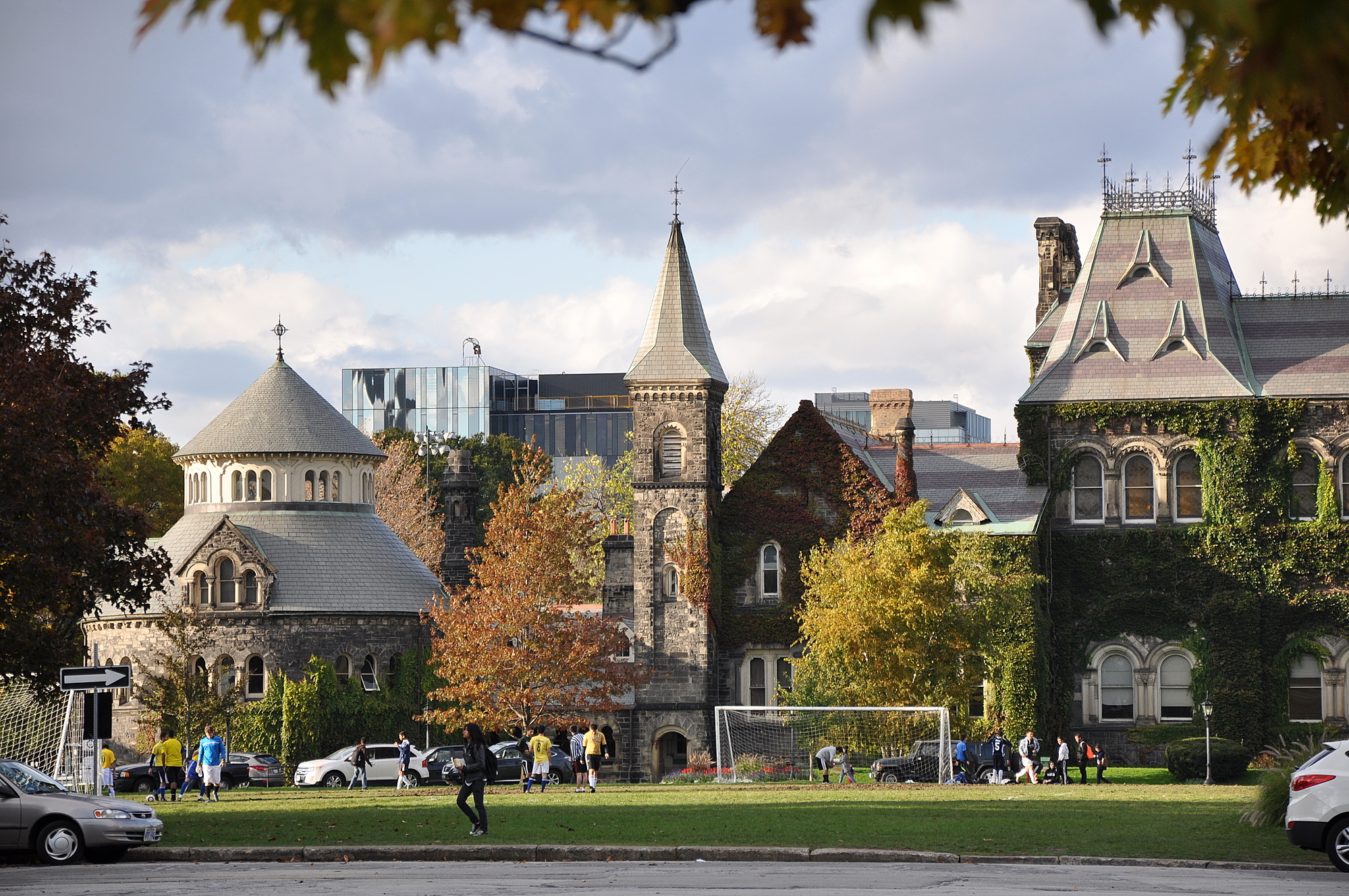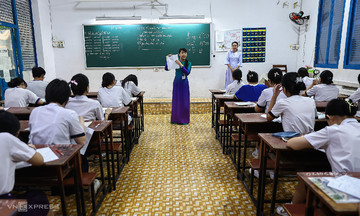Immigration, Refugees and Citizenship Canada (IRCC) updated this requirement on its website a few days ago. The approximately 11% increase applies to international students in all provinces and territories except Quebec. This amount is considered the minimum required for international students to study and live in Canada for one year.
In addition, IRCC requires financial documents clearly showing the source of funds. These can include bank statements, guaranteed investment certificates (GICs), 4 months of bank records, sponsorship letters from individuals or organizations, or scholarship certificates.
The required amount increases if the student has accompanying family members. For example, the requirement for two people (including the student) is 28,502 CAD, and for three people it's 35,040 CAD.
| Number of family members (including student) | Proof-of-funds required per year |
| 1 | 22,895 CAD |
| 2 | 28,502 CAD |
| 3 | 35,040 CAD |
| 4 | 42,542 CAD |
| 5 | 48,252 CAD |
| 6 | 54,420 CAD |
| 7 | 60,589 CAD |
| More than 7 | Add 6,170 CAD per additional person |
Early last year, IRCC doubled the proof-of-funds requirement for international students from 10,000 CAD to 20,635 CAD.
Authorities say this measure aims to manage the number of international students, which exceeded one million in 2023, double the number from three years prior, putting pressure on the housing market and other services.
Currently, there are over 17,000 Vietnamese students in Canada, making them the 8th largest international student group.
With the minimum living expenses now raised to 22,895 CAD, plus average tuition fees ranging from 15,000 to 25,000 CAD depending on the program and province, the total cost of studying in Canada is now estimated between 38,000 and 50,000 CAD (730-960 million VND) per year.
 |
The University of Toronto campus, Canada. Photo: Times Higher Education |
The University of Toronto campus, Canada. Photo: Times Higher Education
Phuong Anh (CIC News)












